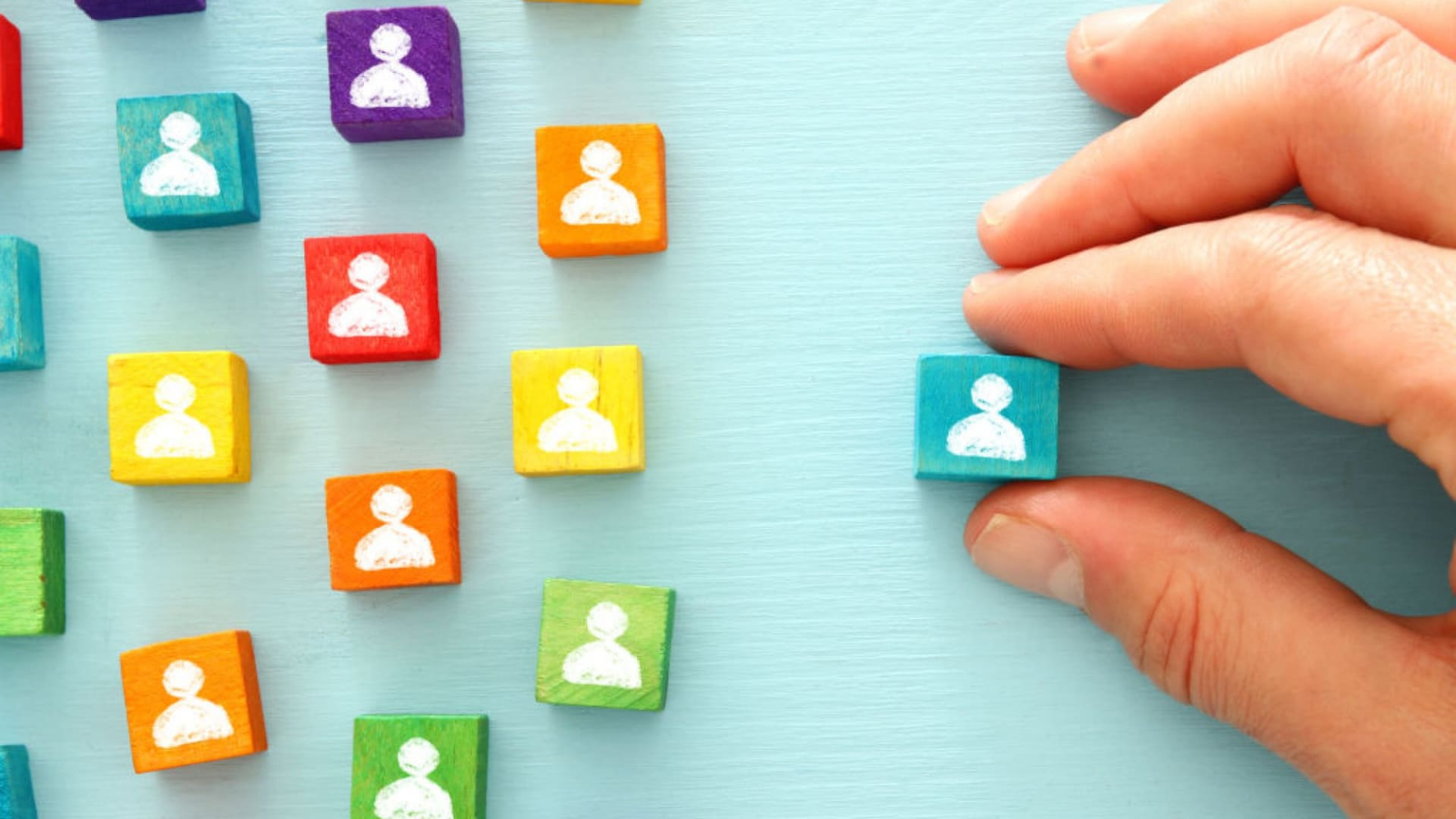This Engineer’s Day, let us take a look at some of the Indian engineers whose contributions helped change our lives.
Ayyalasomayajula Lalitha, Narayana Murthy, Mokshagundam Visvesvaraya, Sam Pitroda, E Sreedharan. (Photo credits: @mvirdc.org, Facebook/Andhavarapu Bhargav Sriram, Harvard Business Review)
Mokshagundam Visvesvaraya’s birthday is celebrated as Engineer’s Day across India on September 15 every year. If designers and architects give the heart and soul to an architecture, engineers are the ones who make the body and give it a shape. They form the link between the drawings on paper and the metal screw that needs to be fitted in a machine. Without engineers the world can neither function nor can it move ahead. From the tap we open in the morning to brush our teeth to the steel glass we drink water from after our last meal of the day, almost everything is built by engineers. The contribution of engineers in a country’s growth is also significant. From dams to cell phone towers and from softwares in our laptops to the operating system in our smartphones, everything is an engineering marvel in itself.
Whenever engineering and contribution of engineers in India are talked about the first name that comes to mind is Sir M Visvesvaraya, the first Indian engineer. Born in Muddenahalli village in the Mysore Kingdom (now in Chikballapur, Karnataka) he pursued Civil Engineering from the College of Engineering in Pune, one of the oldest engineering colleges in Asia. Hailed as one of the key architects of modern India he designed the ‘automatic barrier water floodgates’ which was installed at the Khadakvasla reservoir near Pune in 1903. After seeing the success of these gates, a similar system was installed at Tigra Dam in Gwalior and Krishna Raja Sagara (KRS) Dam in Mandya near Mysore. He started his career as an assistant engineer in Mumbai in 1885 and then went on to become one of the Board of Directors of Tata Steel in 1927. In 1915, he was knighted as the Knight Commander of the British Indian Empire (KCIE) by King George V for his contributions towards the public good.
Ayyalasomayajula Lalitha
Ayyalasomayajula Lalitha was the first woman engineer of India. Born in a Telugu family in Chennai, she was married at the young age of 15 in 1934. After her husband’s death in 1937, she decided to pursue engineering, a course opted only by boys at that time. She was the only female student in the class of electrical engineering at the College of Engineering, Guindy where her father Pappu Subba Rao was a professor. After completing her graduation in 1943, she worked as a technical assistant in the Indian Government’s Office of the Electrical Commissioner. She then went on to design the electrical transmission layouts for the historic Bhakra Nangal Dam in 1948. She was elected as an associate member of the Council of the Institution of Electrical Engineers in London and was later promoted to a full member in 1966.
Sam Pitroda
Engineer, innovator, and businessman Satyan ‘Sam’ Pitroda, is one of the pioneers of the Indian computer and IT revolution. He is known worldwide for inventing Electronic Dairy in 1975 which was the first step towards hand-held computing. Born in Odisha’s Titlagarh, he holds a Master’s degree in Electrical Engineering from Illinois Institute of Technology in Chicago. Pitroda joined Wescom Switching which developed communications devices. In his forty years career, Pitroda served in many companies in various capacities and filed several engineering patents. He also served as an adviser to Prime Minister Dr Manmohan Singh.
Narayana Murthy
If Pitroda initiated the IT revolution, NR Narayana Murthy not only took it to its full capacity but also showed how the IT industry can become one of the key pillars to support the economic growth of India. He founded Infosys in 1981 along with Nandan Nilekani and others that created thousands of jobs and later became one of the leading IT service providers in the world. Born in Karnataka’s Sidlaghatta, he holds a Master’s degree from the Indian Institute of Technology Kanpur. He started his career as a research associate at IIM Ahmedabad. Murthy often mentions how he converted from a “confused leftist” to a “compassionate capitalist” after a bad experience in 1974 in Nis, a border town between Serbia and Bulgaria. The authorities there seized his passport and didn’t give him food or water for five days and was later thrown in a guard’s compartment. Murthy realised that if this was the way a country would treat its friends then he would not want to be part of a communist country ever. This realisation was a key factor in Murthy later establishing Infosys. After serving as the CEO of Infosys for 21 years, he became the chief mentor in 2002 and in August 2011, he eventually retired from the company, taking the title Chairman Emeritus.
E Sreedharan
Elattuvalapil Sreedharan is hailed as ‘Metro Man of India’ for his contribution towards public transport especially, the Delhi Metro. Born in Palakkad district in Kerala, he pursued Civil Engineering from Government Engineering College, Kakinada. After serving as a lecturer for a short duration at Government Polytechnic in Kozhikode, he cleared the Indian Engineering Services Exam and joined the Indian Railway Service of Engineers (IRSE).
After serving in various capacities in Kolkata Metro and Cochin Shipyard, he served as the director of Delhi Metro Rail Corporation (DMRC) from 1995 to 2012. Within two years of his appointment, the construction of all the planned sections of the Delhi Metro was completed, way before the scheduled deadline. His inputs were crucial in designing the planning and executing the project and protecting it from politicisation. He was awarded Padma Shri in 2001 and Padma Vibhushan in 2008 by the Government of India, and the Chevalier de la Legion d’honneur in 2005 by the French government for his exemplary contribution to Indian Railways, especially the Delhi Metro.
Courtesy/Credit:-https://www.news9live.com/knowledge/engineers-day-2021-5-indian-engineers-that-pioneered-countrys-economic-growth-88634.html




